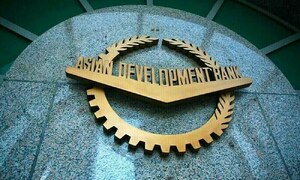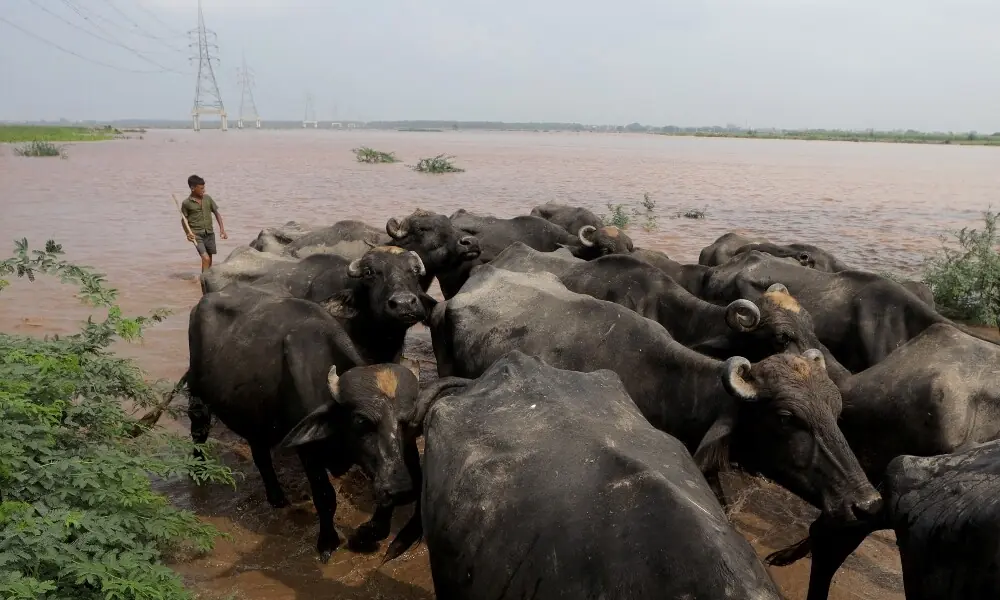The Turkish central bank, which spent about $6.0 billion on defending the lira last week, signalled on Monday that it might raise interest rates to support the currency. In afternoon trading on Monday the lira, which had fallen by about 10.0 percent since May, had firmed to 1.9378 to the dollar from 1.9540 late on Friday.
The strong hint from the central bank came after the government assured foreign investors and the Turkish people that the bank would do its utmost to counter recent turbulence. The 10-year borrowing rate also fell sharply on the government bond market from 9.36 percent to 9.0 percent.
Turkey has achieved strong economic growth in the last decade after severe financial crisis and IMF rescues, and is now an economic powerhouse in its region. The economy is estimated to be about the 17th-biggest in the world. The central bank, which has statutory independence in setting monetary policy, referred on Monday to its next policy meeting, saying "we will be able to decide on July 23 on a measured increase in interest rates".
The bank has been under strong pressure from the government to hold rates down. At the beginning of last week, in response to a plunge of the lira to a record low level against the dollar, it promised tough foreign exchange intervention. But that announcement met with scepticism on financial markets. One analyst estimated the reserves available for such action at about $45 billion.
In May, and against a background of serious anti-government unrest in Turkey, Prime Minister Recep Tayyip Erdogan attacked speculators and the "interest rate lobby", meaning those arguing for a rise of rates to support the currency. In May the bank had reduced its key rate by half a percentage point to 4.50 percent. But meanwhile pressure on the currencies and borrowing rates of several emerging countries, including Turkey, has risen.
This is because the US Federal Reserve bank has signalled that it will soon begin winding down its special programme of injecting funds to support the US economy. Some of this money went into emerging markets. The change of climate has caused money to flow out of those markets. Turkey has been particularly hard hit.
Earlier this month, the International Monetary Fund warned of the possible effects on emerging economies, and revised down its forecasts for their growth. The central bank statement came after Erdogan met ministers responsible for the economy in Istanbul on Sunday and after his office issued a statement which said: "The central bank will act with determination to take all necessary measures to minimise the effects on our country of global fluctuations affecting emerging economies." The statement said: "We have always supported all investors who have capital in Turkey, and we shall continue to do so."
BR100
15,085
Increased By
112.5 (0.75%)
BR30
44,012
Increased By
987.7 (2.3%)
KSE100
148,618
Increased By
1274.3 (0.86%)
KSE30
45,248
Increased By
370.7 (0.83%)





















Comments
Comments are closed.